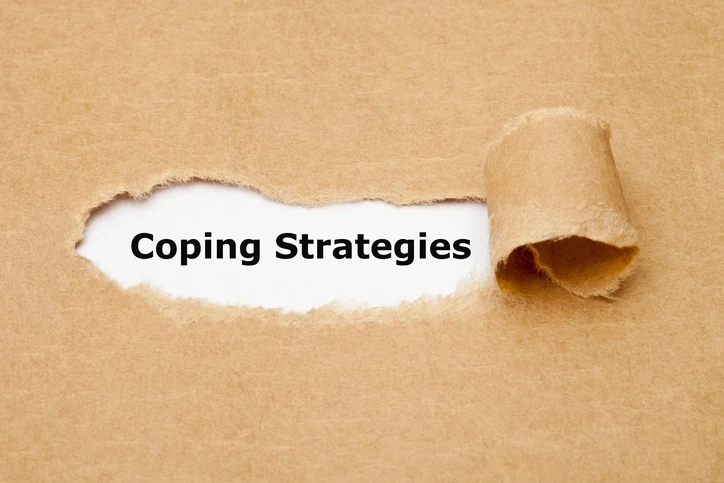Worrying about all the news on the new coronavirus and the illness it causes? Well, that makes good sense. If you’re wondering how to cope with anxious feelings that are surfacing, this blog post can guide you through steps that may be helpful to many people.
If you often struggle with anxiety, worries about your health, or obsessive thoughts and actions, you might need additional assistance, as I’ll explain in a later post.
Steady yourself around worries about the new coronavirusKnowing how to manage your own anxiety always takes a little thought. Ask and answer these questions:
What typically happens to your body when worries mount?How worried are you?What do you fear the most?What usually helps you handle worries?When anxiety rises because we’re facing a distressing threat like the new coronavirus, we need to focus on what tends to work for us to ease anxiety — that, plus doing a little bit more of some actions and a little bit less of others.
Keep these thoughts in mind. You’re fully prepared to help yourself. You can take steps to calm and steady yourself. Remember what works for you — because as fellow humans we’re not so dissimilar, but we do tend to have our own preferences and best practices.
Try doing these things moreConnect with friends and loved ones through video chats, phone calls, texting, and email. It really helps to feel the strength of your connections to your friends and loved ones, even though you may not be with them in person.Stick with sources of credible medical information, so you can avoid misinformation about the virus and the illness it causes.Try doing these things lessPlease don’t overdose on hype or worry or misinformation. I get some regular updates from credible sources in the morning and check again briefly toward the end of the day. There’s no need to stay tuned in 24/7 — it can actually make your anxiety much, much worse.
Take practical steps to lessen risk of catching the new coronavirusThree healthy, sensible steps we can all take:
Avoid unnecessary travel and crowds.Wash your hands often with soap and water (or an alcohol-based hand sanitizer) for 20 seconds (see video).Keep your hands away from your face, especially your eyes, mouth, and nose.Many people infected by the coronavirus develop symptoms like a fever and dry cough during the incubation period. However, some people may not seem symptomatic. The virus can spread when an infected person coughs or sneezes. Viral droplets that travel several feet through the air may be breathed in or — much more likely — may land on surfaces that other people touch, such as a door handle or elevator button.
» Read More

